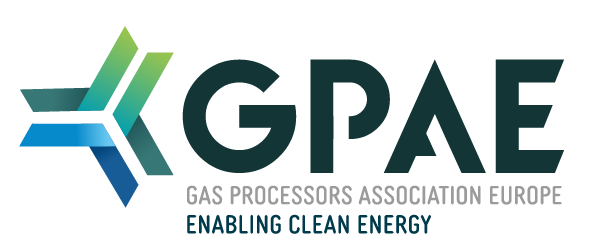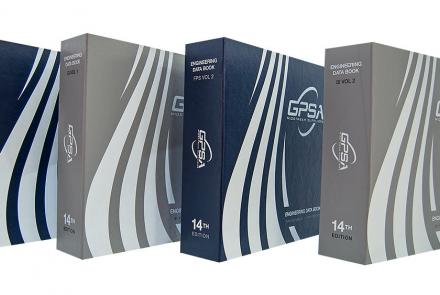Order your copy of the The GPSA Engineering Databook. The 14th edition is almost 1,000 pages of technical information and is the worldwide authoritative resource for technical and design information.
The Accidental Abatement of Black Powder in North American Pipelines
Presented at Joint GPA Europe / GPA GCC Annual Conference held in Athens, 21 - 23 September 2016 byDavid Burns, PECO Facet
Abstract:
Black powder is a mixture of pipeline corrosion reaction compounds such as iron sulfide iron oxide and iron carbonates. Black power has been a nuisance ever since iron pipelines have been used to transport natural gas from production fields to point of use customers. Every natural gas pipeline in the world has some level of black powder contamination.
Black Powder is difficult to remove from the gas stream when it's wet and it's difficult to remove when it's dry. It is erosive to pipelines and other associated equipment hazardous to operators and often pyrophoric when exposed to oxygen. It foals burner tips plugs off mass transfer internals and coats heat exchanger surfaces. The list goes on and on. Whenever a carbon steel pipeline is used to transport natural gas that contains moisture black powder will form.
GCC natural gas producers have been forced to install large filtration and separation plants to handle very high concentrations of black powder prior to point of use custody transfer locations. These large plants are expensive to purchase and install and very expensive to operate. An interesting observation is that these large black powder filtration and separation plants seem to only be deployed in GCC operating countries.
GCC natural gas is largely the same as natural gas found all over the world. Pipeline materials are also basically the same. Why do GCC pipelines have larger concentrations of black powder than in other natural gas producing regions?
If pipeline materials are the same and if natural gas is basically the same all over the world, then could pipeline and or gas processing operational differences explain why GCC producers have to deal with more black powder than others?
Black powder became a noticeable problem for North American pipelines in the 1950's when the need to push gas down the pipeline was addressed with some of the very first natural gas compressors. Today black powder still exists and is found from production and gathering systems all of the way down to point-of-use customers. Yet large black powder filtration and separation plants are not used in North America.
The intent of this study is not to solve the “Black Powder” problem, but to simply compare pipeline and process operational differences between North American and GCC pipelines. Results obtained suggest that the North American abatement of large black powder issues may have been accidental.
Past Paper Download
Price
£50.00
Variations
Quick Links
My Licences
You have not purchased any GPA Europe Membership yet.
Visit our Membership area to select the Membership that is right for you and checkout.



